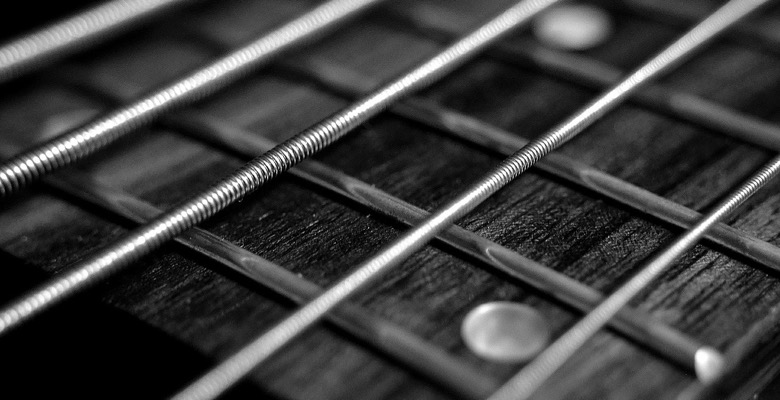2 Questions to Ask Before You Turn Your Hobby Into Your Career
 photo by Mike Foster
photo by Mike Foster
You have a hobby you love, and you’re good at it. Good enough to make a living, maybe. You also have a day job you don’t love. Should you quit your job and start a business? Should you turn your hobby into your career?
It’s a fascinating question, and I’ve lived both sides of it: I’ve been both an amateur and a professional musician. And I’ve noticed that most amateurs fail to ask themselves two crucial questions before deciding to turn pro.
Differences Between an Amateur and a Professional
First, let’s define our terms, because “professional” can mean many things. If you’re paying the bills by performing a service, you’re a professional in that field. If you’re not, you’re an amateur. (There’s a third category, too: world-class.)
So, what does it take to be a professional? A high level of skill, obviously, but that’s not all. Many amateurs are highly skilled, too. In order to become a successful professional, you must also be able to answer “yes” to these two questions:
-
Am I prepared for the day-to-day “supporting tasks” required of a professional in this field?
-
Could I adjust to my hobby becoming something I have to do even when I don’t feel like it?
Let’s tackle these.
A Professional’s “Supporting Tasks”
For a professional in any field, there are supporting tasks that must be done.
Self-employed musicians don’t just practice all day and perform for packed houses at night. They have to promote themselves and their groups, collect payment from clients, and constantly hone their business skills. They often teach lessons (whether they enjoy teaching or not).
Graphic designers make beautiful things, but they also have to deal with last-minute changes from unreasonable clients.
Entrepreneurs get to come up with cool business ideas, but they also have to make those ideas real and find a way to market them.
Professional athletes play a game for a living, but they also have to give press conferences after tough losses and see their mistakes discussed on ESPN (and mocked on Deadspin).
As any professional will tell you, the supporting tasks are just as important as the main job (and sometimes more important). A professional isn’t just an amateur who doesn’t have to go to a day job.
Doing What You Love When You Don’t Feel Like It
I was recently a guest on Trumpet Dynamics, a podcast about trumpet playing. The host and I spent most of the time discussing my area of expertise: lip injuries. At the end of the podcast, though, he asked me a question I hadn’t expected:
“Do you enjoy music more than you did when you were doing it full-time?”
I’ve thought about this a lot, and though I wasn’t expecting the question, I had an immediate answer.
Yes, I do.
When I was a full-time musician, I spent much more time with my trumpet. I had more time to practice, and I got to hear myself improve quickly. I miss that.
In many ways, though, I had less control than I do now. I had lessons to teach and gigs to play, whether I wanted to or not. I played good music and bad music, music I loved and music I hated. My nights and weekends were often spoken for, and I was usually off during the day (while my wife worked). It was hard to predict what the next month’s income would look like.
These days, I’m an amateur musician. I practice every day without exception, but it’s often only for a few minutes. On the other hand, I have complete control over my playing. If a gig sounds interesting, I take it. If not, I politely decline. I can put the trumpet on “maintenance mode” and focus on other projects for weeks or months at a time. I play less, and I don’t enjoy that. But when I play, I enjoy it more.
In short, becoming a professional means having more time to do the thing you love but less choice about whether or not to do it.
Do Professionals Love Their Craft More Than Amateurs?
The conventional interpretation is that the amateur pursues his calling out of love, while the pro does it for money. Not the way I see it. In my view, the amateur does not love the game enough. If he did, he would not pursue it as a sideline, distinct from his “real” vocation. — Steven Pressfield, The War of Art
Steve Pressfield’s writing has changed my life, but I disagree with him here. It’s not a question of who loves the job more, because it’s not really the same job. Tim Ferriss put it well in an article for 99U:
If you wake up on Saturday morning and go surfing to decompress for the week, that is different from having to wake up at six every morning Monday to Friday and take investment bankers out to surf.
Being a professional is special; there’s nothing like feeling fully committed to your craft. And being an amateur is deeply fulfilling, too. When deciding whether to turn your hobby into your career, make sure you know what the career really looks like and how you’re likely to feel about it on a daily basis.
If you keep this in mind, you’ll choose wisely!